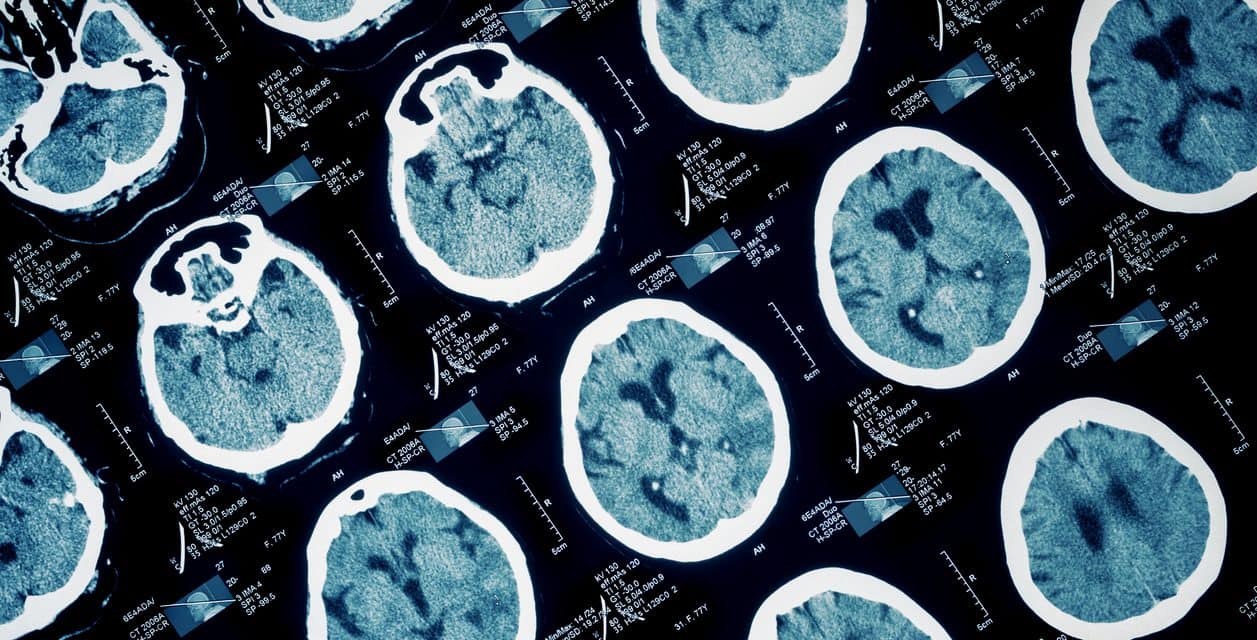CDKL5 Deficiency Disorder (CDD), related to refractory infantile-onset epilepsy, global developmental delay, has variable features that include sleep, behavioral disturbances, and movement disorders. The 4 most frequently prescribed anti-seizure medications were a broad spectrum, prescribed in over 50% of individuals. While the goal was not to ascertain efficacy, we obtained data from 86 individuals regarding response to treatment, with a 2-week response achieved in 14–48% and sustained 3-month response in 5–36% of those with a known answer. Additional therapies for seizures included cannabis derivatives, tried in over one-third of individuals, and clinical trial medications. In combination with pharmacological treatment, 50% of individuals were treated with a ketogenic diet for attempted seizure control. Surgical approaches included vagus nerve stimulators, functional hemispherectomy, and corpus callosotomy, but numbers were too limited to assess response. Nearly one-third of individuals received pharmacologic treatment for sleep disturbances, 13% for behavioral dysregulation and movement disorders, and 43% had gastrostomy tubes. Treatment for neurologic features of CDD is currently symptom-based and empiric rather than CDD-specific, though clinical trials for CDD are emerging. Epilepsy in this population is highly refractory, and no specific anti-seizure medication was associated with improved seizure control. A ketogenic diet was commonly used in patients with CDD.
Link:jneurodevdisorders.biomedcentral.com/articles/10.1186/s11689-021-09384-z


